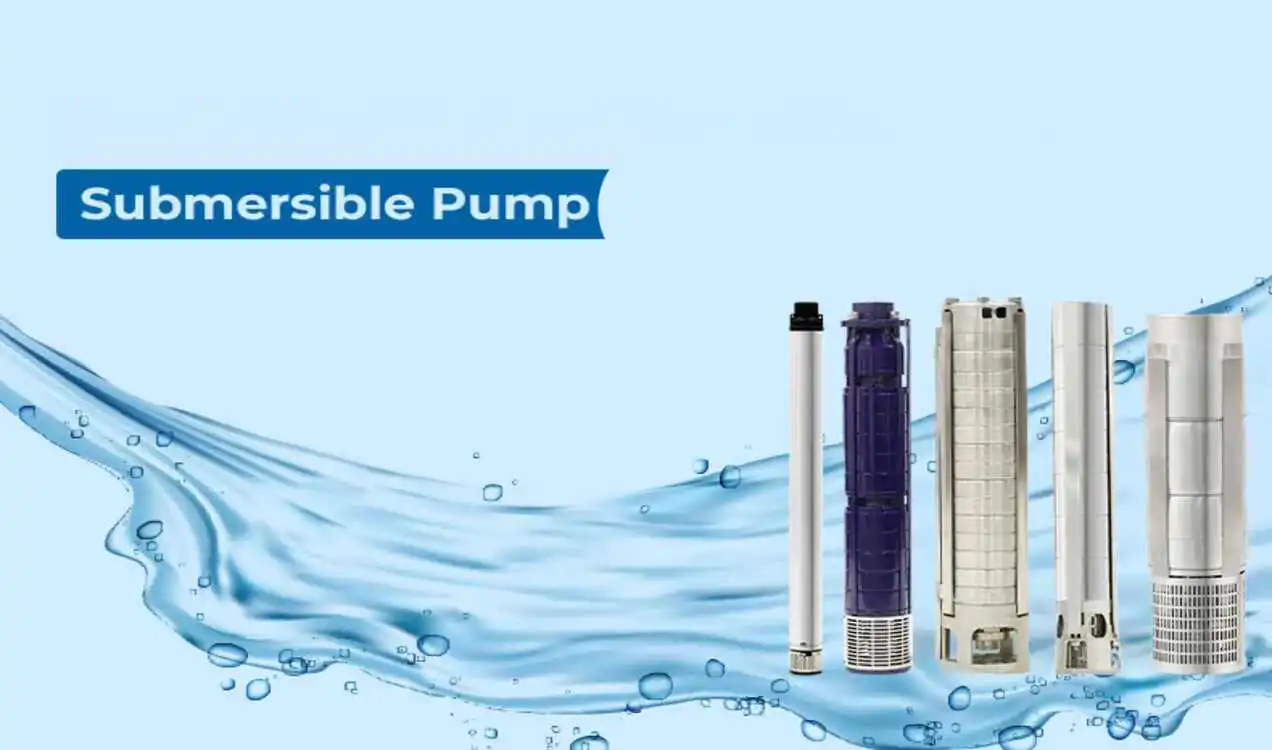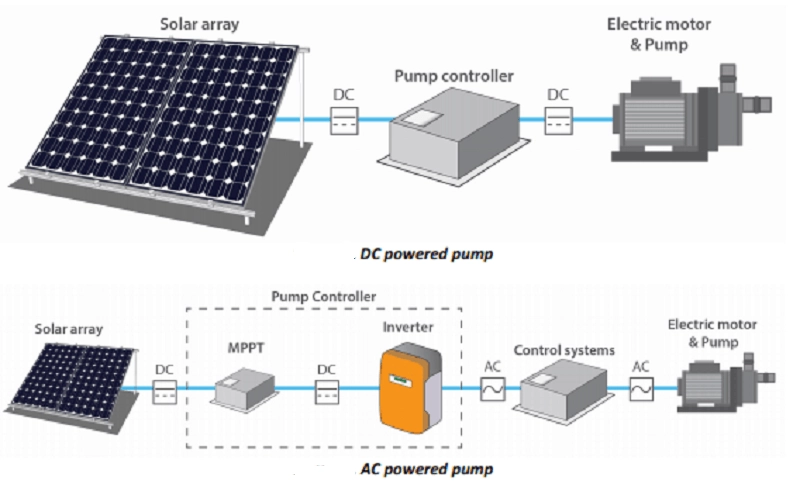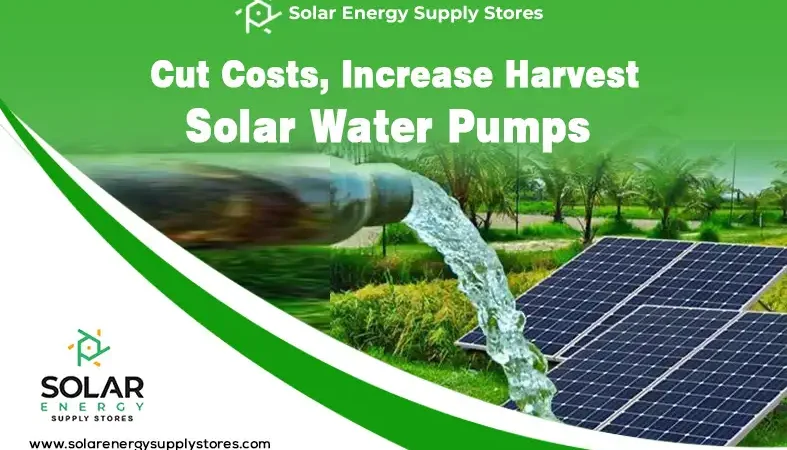Solar Water Pump for Irrigation in Nigeria: Everything Farmers Need to Know
Enter the solar water pump for irrigation—an eco-friendly, cost-effective, and sustainable solution that can transform farming productivity. In many parts of Nigeria, smallholder farmers face the same recurring problem: unreliable access to water due to erratic electricity and expensive fuel.
Whether you’re growing vegetables in Kaduna, managing a rice field in Anambra, or cultivating orchards in Kano, a solar-powered irrigation system can help reduce water stress, improve yields, and lower operational costs.
What Is a Solar Water Pump?
A solar water pump uses energy from solar panels to power a water pump that draws water from wells, rivers, boreholes, or storage tanks for irrigation and other agricultural needs.
Key Components:
- 🔆 Solar Panels: Capture energy from sunlight
- 💧 Pump (DC/AC): Pushes water through pipes
- 🔋 Optional Battery/Inverter: For energy storage and night usage
- 🧠 Controller: Manages voltage and motor speed for pump protection
Types of Solar Water Pumps for Irrigation
1. Surface Pumps

- Ideal for shallow water sources like rivers, tanks, ponds
- Max depth: up to 10 meters
- Best for flood and drip irrigation
2. Submersible Pumps

- Installed underwater in deep wells or boreholes
- Max depth: 20 – 300 meters
- Suitable for large-scale farms or deep groundwater irrigation
3. DC vs AC Solar Pumps

- DC Pumps: Direct connection to solar panels; energy-efficient
- AC Pumps: Require inverter; can run on grid, generator, or solar
Benefits of Solar Water Pumps for Nigerian Farmers
| Advantage | Impact on Farming |
|---|---|
| ✅ No fuel cost | Reduces long-term irrigation expense |
| ✅ Low maintenance | No oil changes or engine repairs like petrol pumps |
| ✅ Runs automatically | Smart controllers allow timer-based or moisture-based pumping |
| ✅ Suitable for remote farms | Operates even without grid electricity |
| ✅ Long lifespan | Most solar pumps last 10–15 years with proper care |
| ✅ Climate-resilient farming | Enables dry-season and year-round irrigation |
Solar Pump Capacity Guide
| Farm Size | Recommended Pump Type | Flow Rate (Liters/Hour) | Panel Wattage Needed |
|---|---|---|---|
| Small garden (0.5 acre) | DC surface pump | 1,000 – 2,000 L/hr | 150W – 300W |
| Medium farm (1–3 acres) | DC/AC submersible | 3,000 – 6,000 L/hr | 500W – 1000W |
| Large farm (5+ acres) | AC submersible | 10,000+ L/hr | 1500W – 3000W |
💡 Your total solar panel wattage and pump size depend on your irrigation method, water depth, and hours of sunlight per day.
Top Solar Water Pump Brands in Nigeria
| Brand | Type | Power Range | Price Range (₦) |
|---|---|---|---|
| Lorentz | DC/AC Submersible | 0.5HP – 5HP | ₦300,000 – ₦2,500,000 |
| Mono Solar | DC Surface | 0.5HP – 2HP | ₦150,000 – ₦600,000 |
| Shakti Pumps | AC Submersible | 1HP – 10HP | ₦400,000 – ₦3,000,000 |
| Lento | Solar borehole pumps | 0.5HP – 3HP | ₦180,000 – ₦850,000 |
| SunStar | DC Submersible | 0.3HP – 1.5HP | ₦100,000 – ₦350,000 |
How to Install a Solar Water Pump for Irrigation
- Survey your water source – Know the depth and flow rate needed
- Choose the right pump size – Based on farm size and crop water demand
- Install solar panels – Preferably facing south with proper tilt
- Connect to pump via controller – Ensure wiring is waterproof
- Use drip or sprinkler system – For efficient water use
- Optional battery setup – If you want water pumping at night
Solar Water Pump Prices in Nigeria (2024)
| Pump Capacity | Type | Approx. Price (₦) |
|---|---|---|
| 0.5HP | DC Surface | ₦100,000 – ₦180,000 |
| 1HP | DC Submersible | ₦200,000 – ₦350,000 |
| 2HP | AC Submersible | ₦400,000 – ₦700,000 |
| 3HP | Borehole Hybrid | ₦650,000 – ₦1,000,000 |
| 5HP | Industrial/Drip | ₦1,200,000 – ₦2,500,000 |
Note: Prices vary by brand, accessories, and whether solar panels are included.
Where to Buy Solar Water Pumps in Nigeria
- 🛒 SolarEnergySupplyStores.com – Solar marketplace for verified sellers
- 🏪 Alaba Market (Lagos), Wuse Zone 3 (Abuja), Ariaria (Aba), Main Market (Onitsha)
Always buy from authorized dealers with warranty and technical support.
Government Support and Incentives
Good news! The Nigerian government and development partners are supporting solar irrigation through:
- CBN Solar Naija Project
- BOI Renewable Energy Loans
- Rural Electrification Agency (REA)
- World Bank/USAID Farmer Grants
Ask your local agric extension office or NGO how to apply.
FAQs About Solar Water Pumps for Irrigation
1. Can I use a solar pump at night?
Yes, if you install batteries or a water storage tank that fills during the day.
2. How many solar panels do I need for irrigation?
Typically 300W–2000W, depending on the pump’s horsepower and sunlight hours.
3. What crops benefit most from solar irrigation?
Vegetables, rice, maize, tomatoes, pepper, okra, onions, and fruit trees.
4. Is solar irrigation cheaper than diesel pumping?
Yes—you save thousands of naira monthly by eliminating fuel costs and maintenance.
5. Can I install a solar water pump myself?
Basic DC pumps can be DIY, but for submersible AC pumps, it’s best to hire a solar technician.
Conclusion
A solar water pump for irrigation is not just a smart upgrade—it’s a game-changer for Nigerian agriculture. It empowers farmers to irrigate sustainably, cut fuel costs, increase productivity, and grow crops all year round. Whether you run a small garden or manage a large farm, there’s a solar pump that fits your budget and water needs.



Leave a Reply